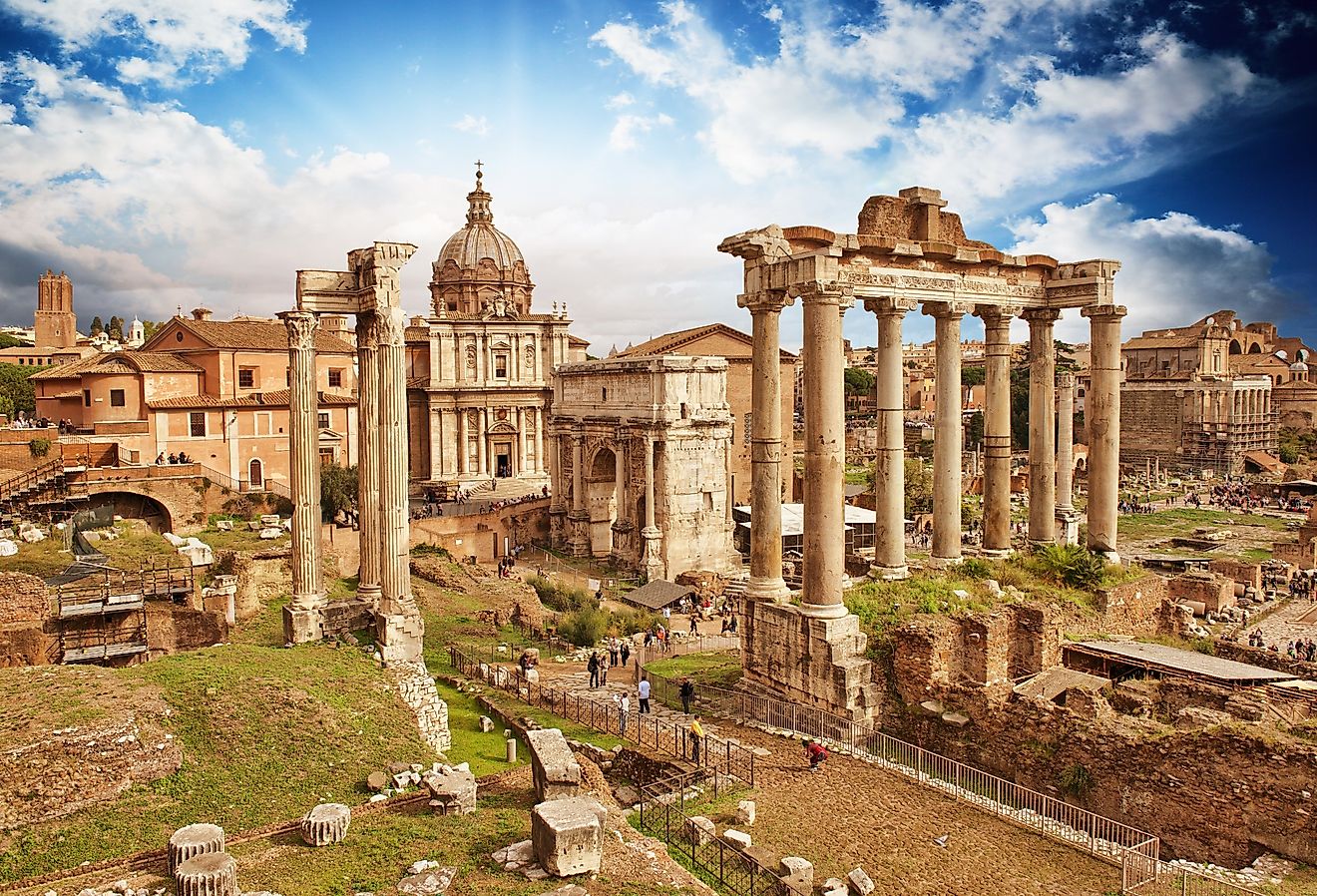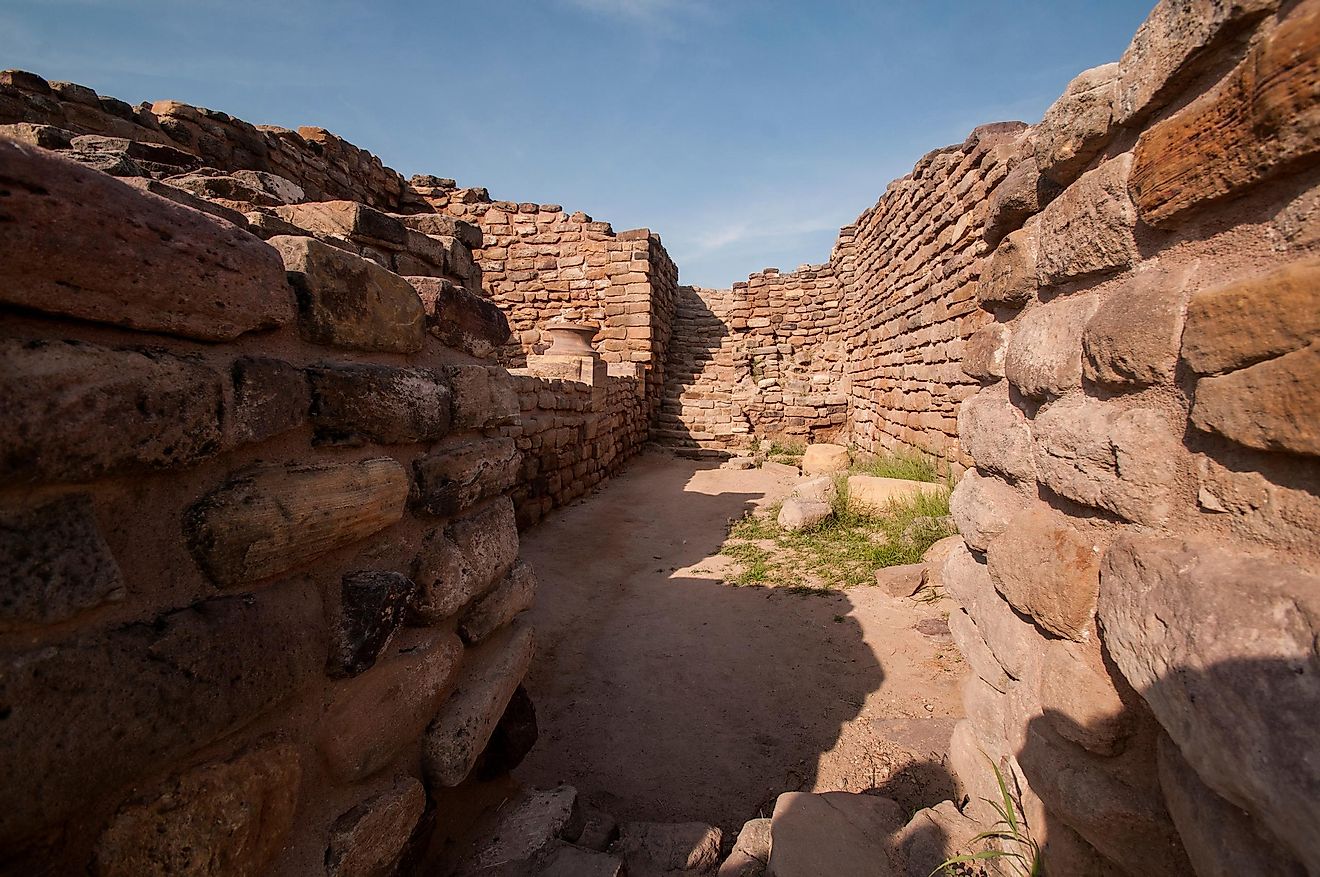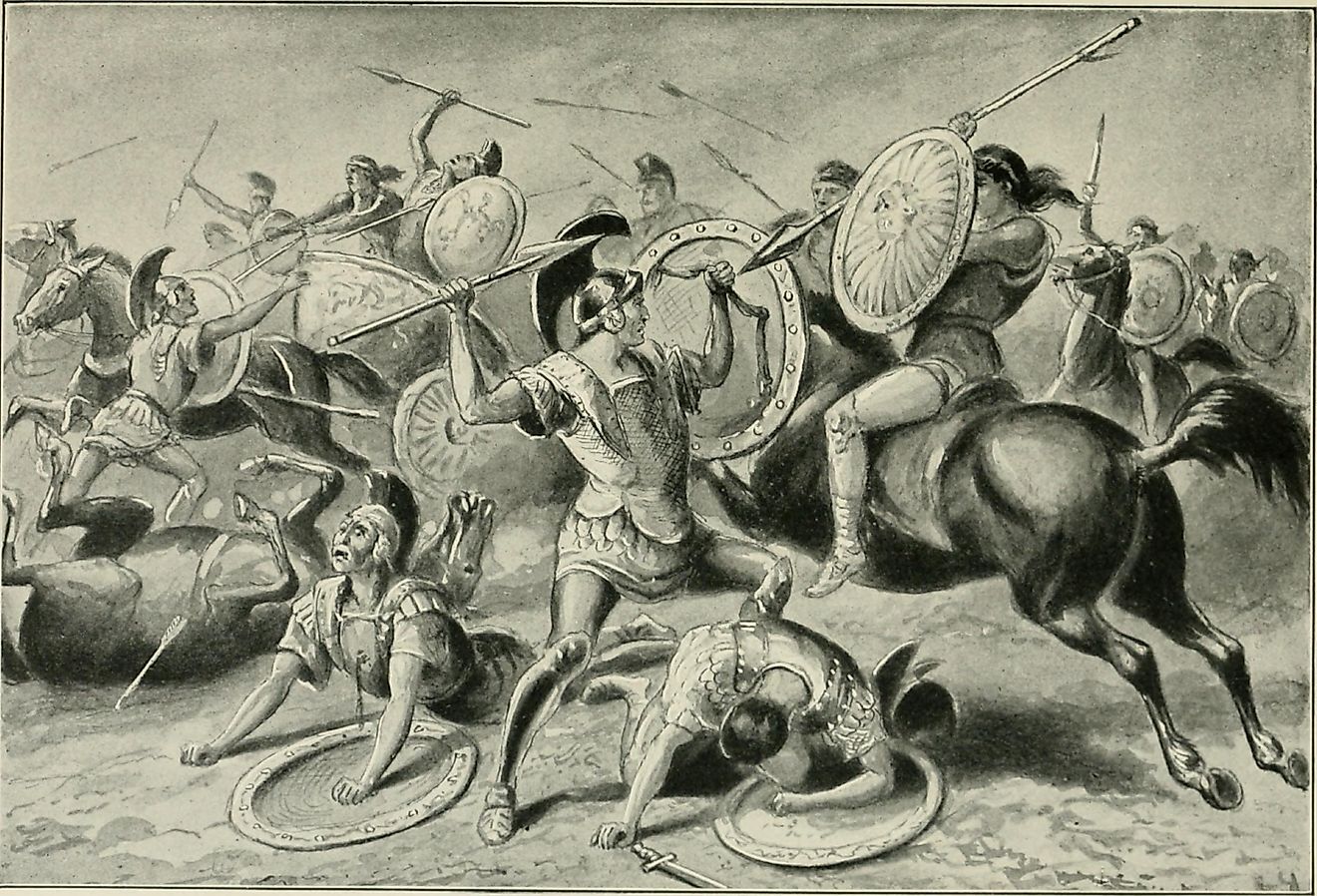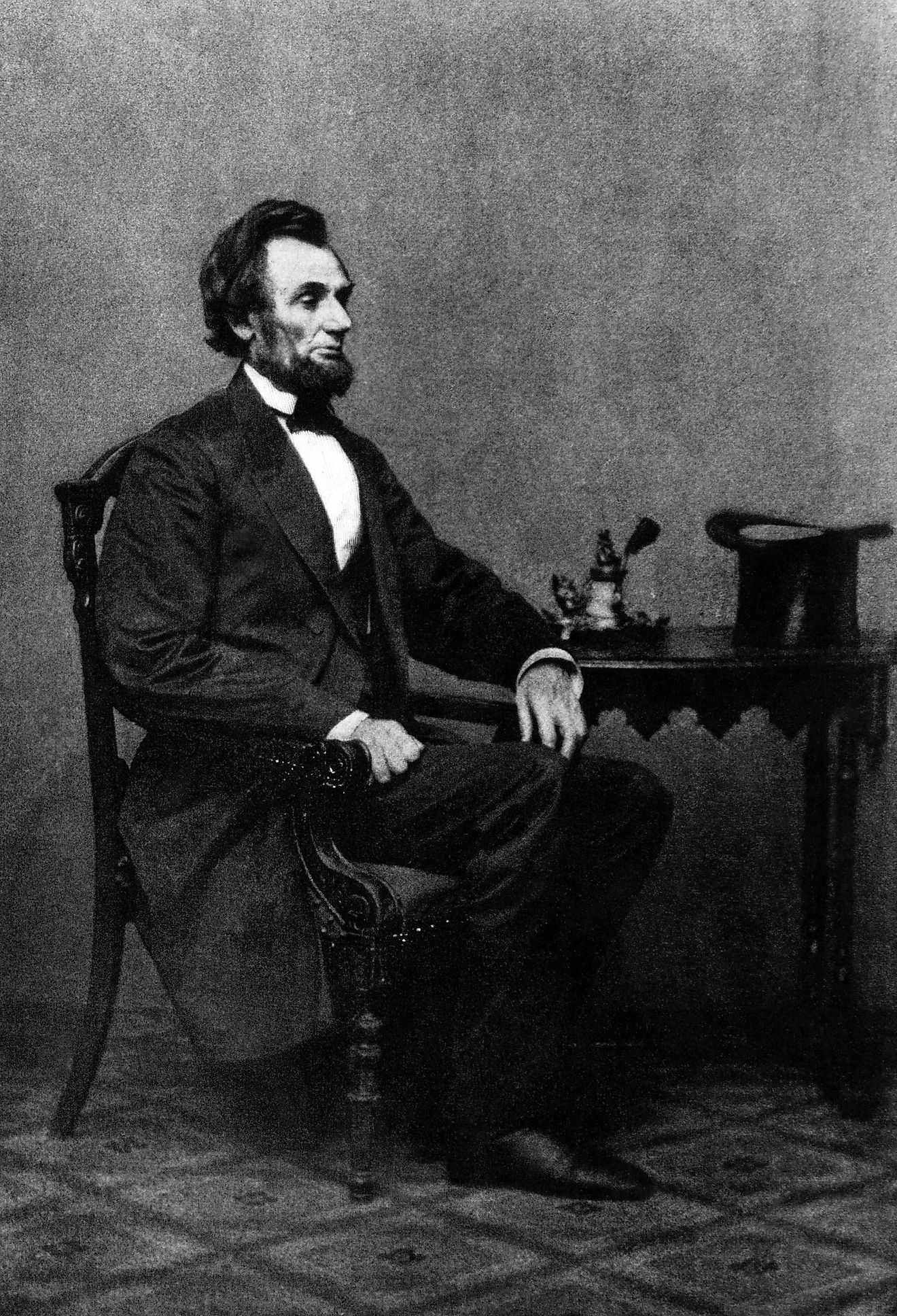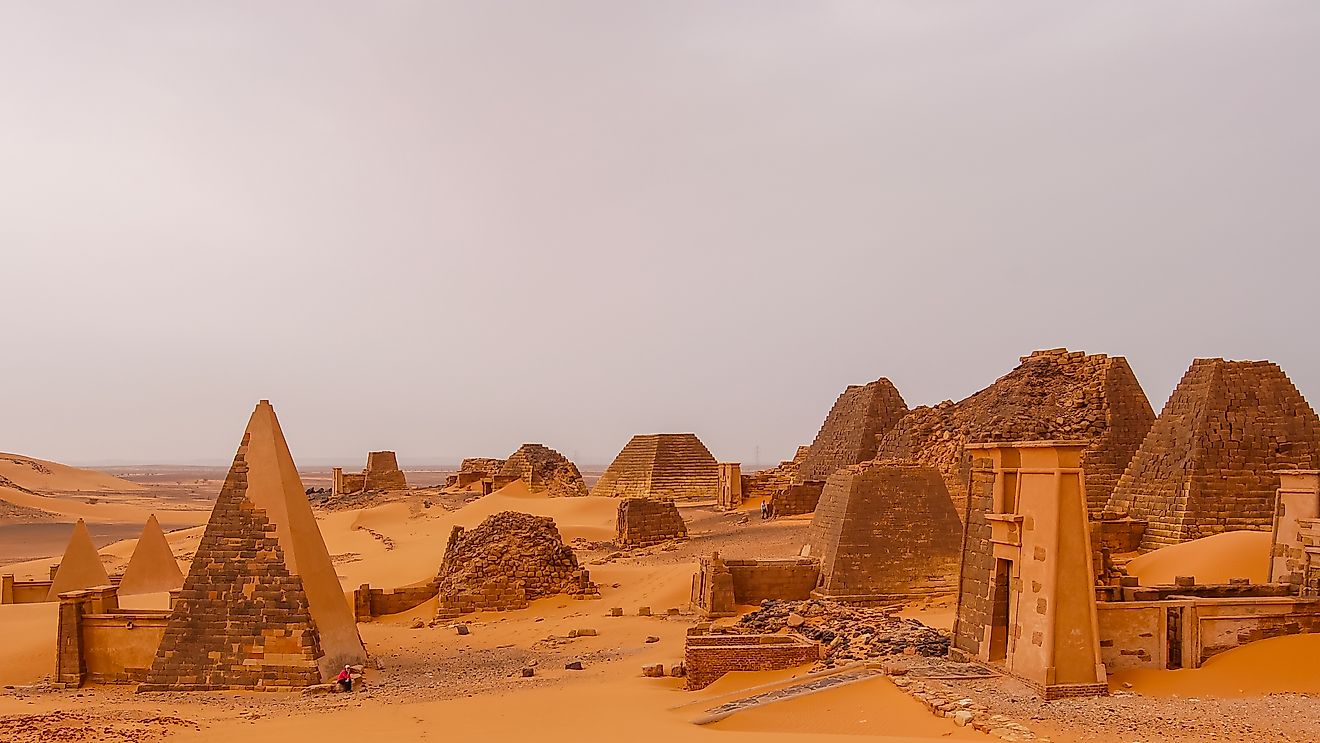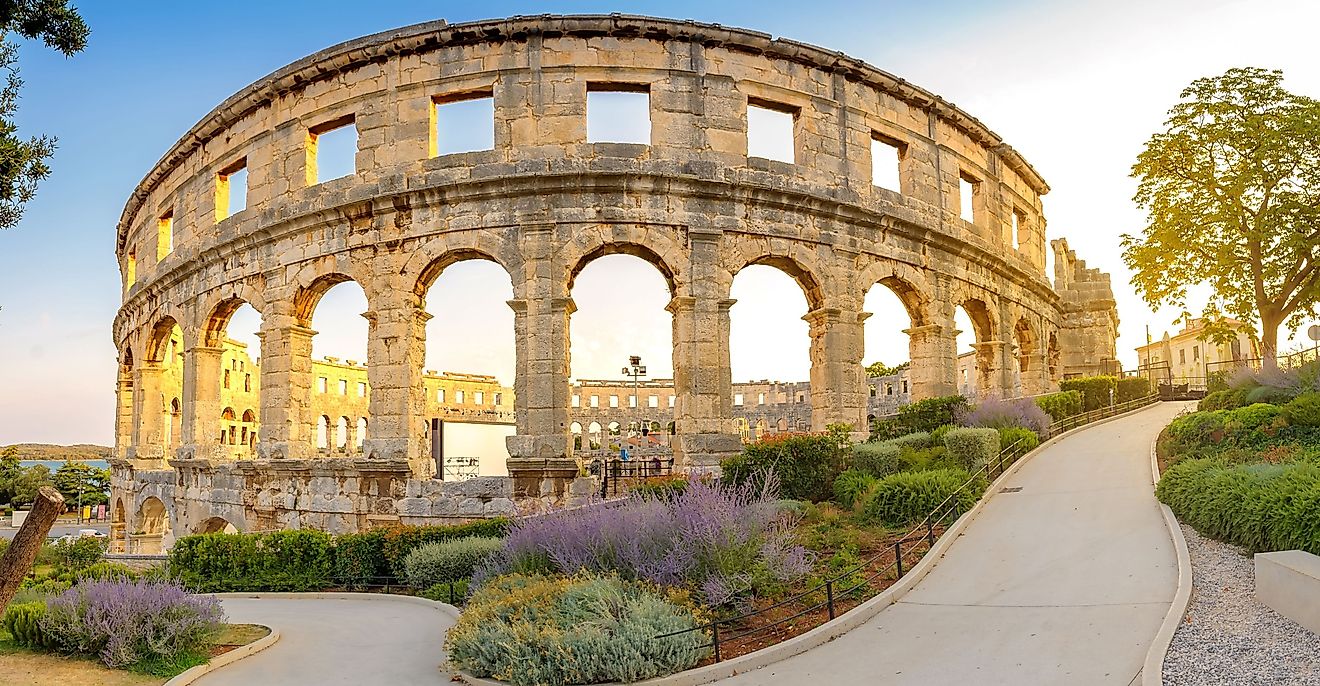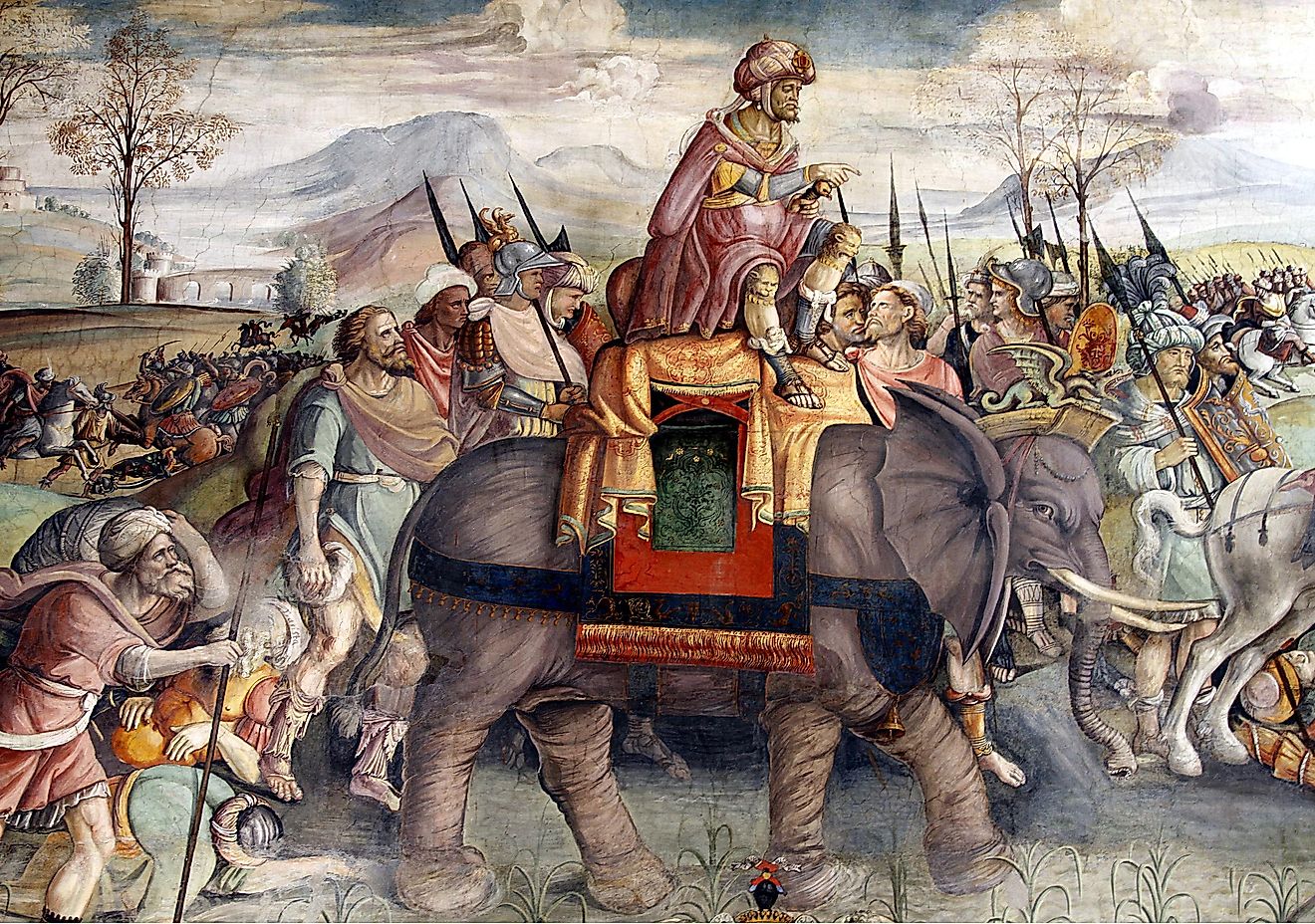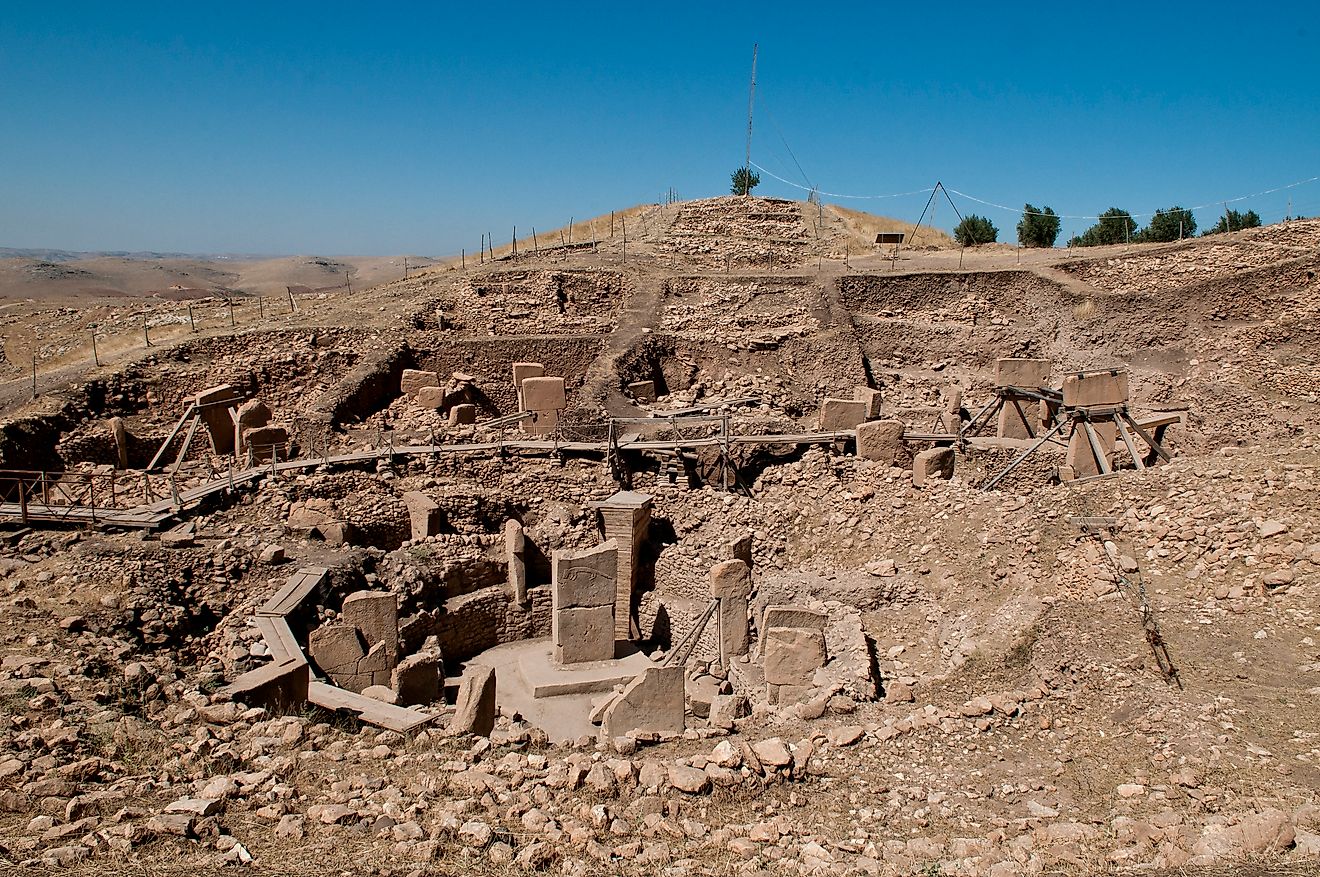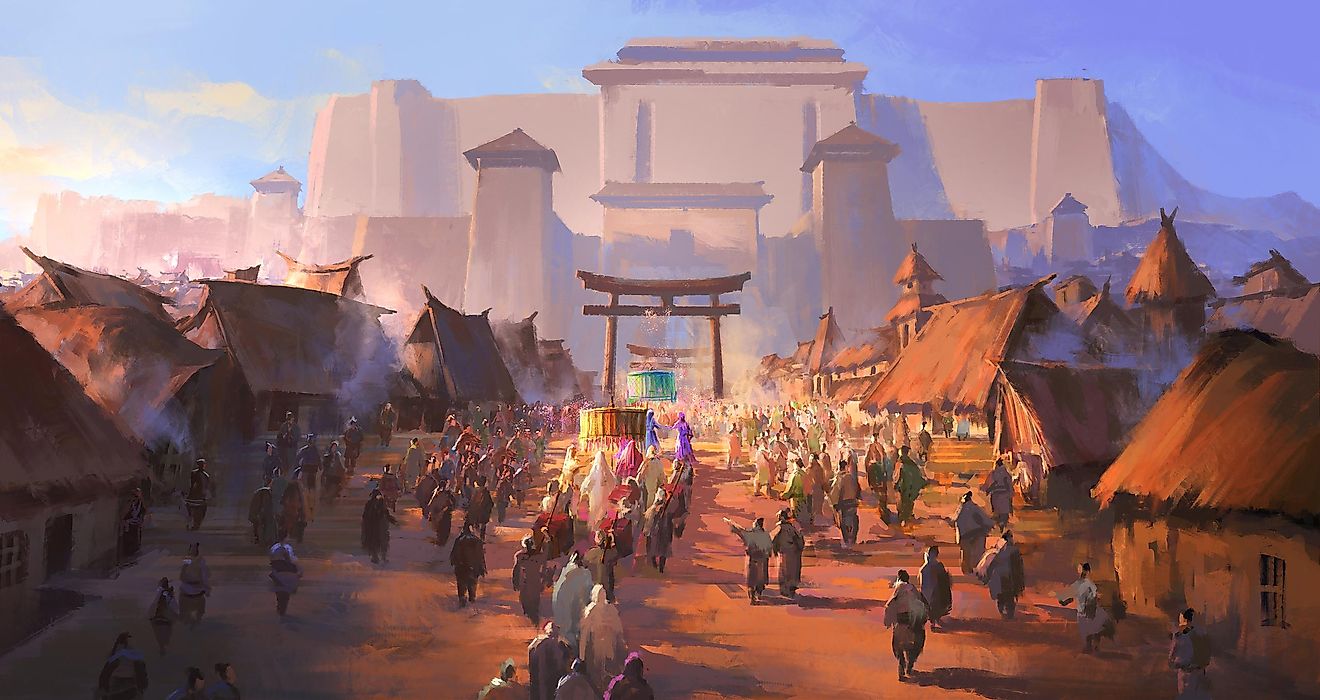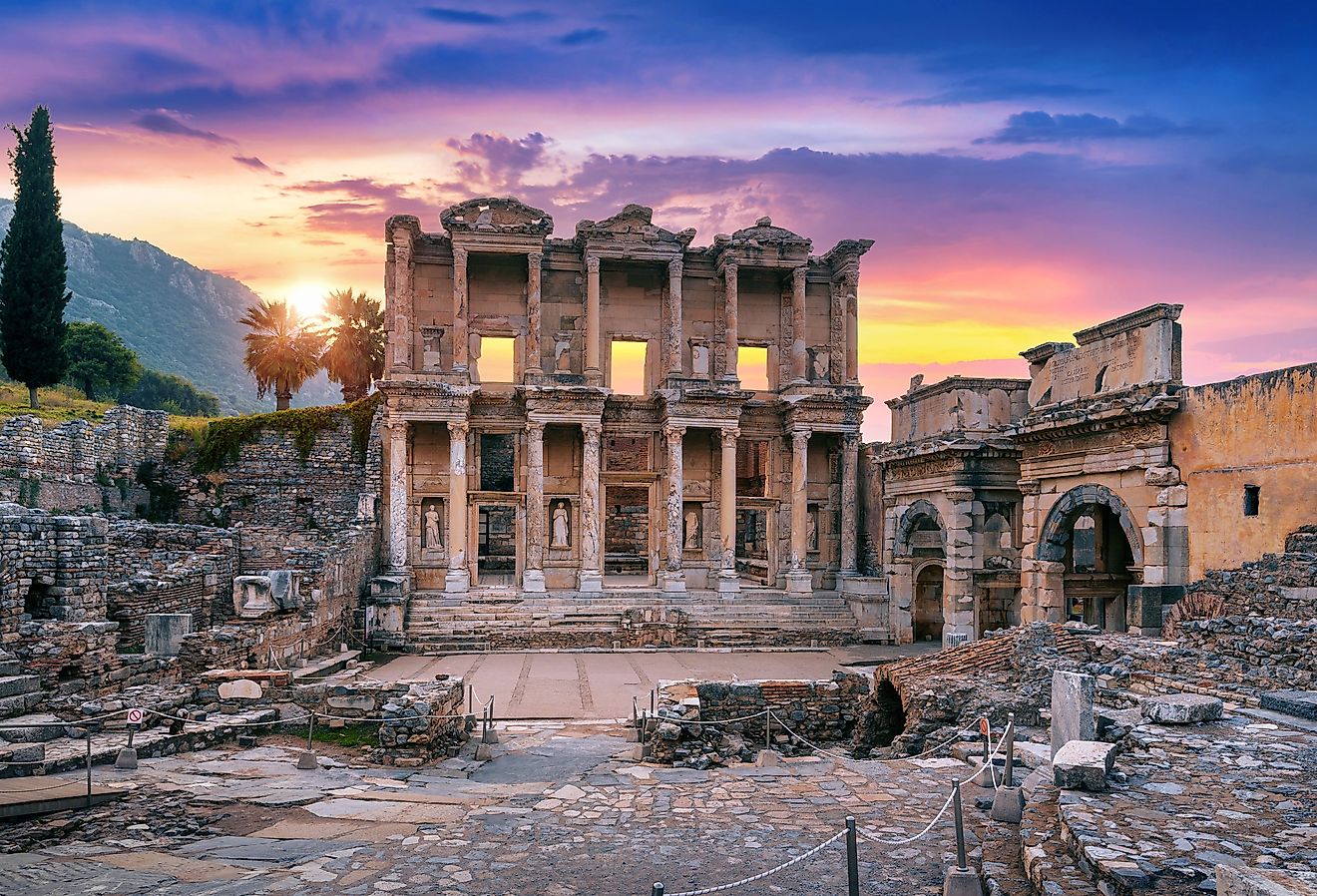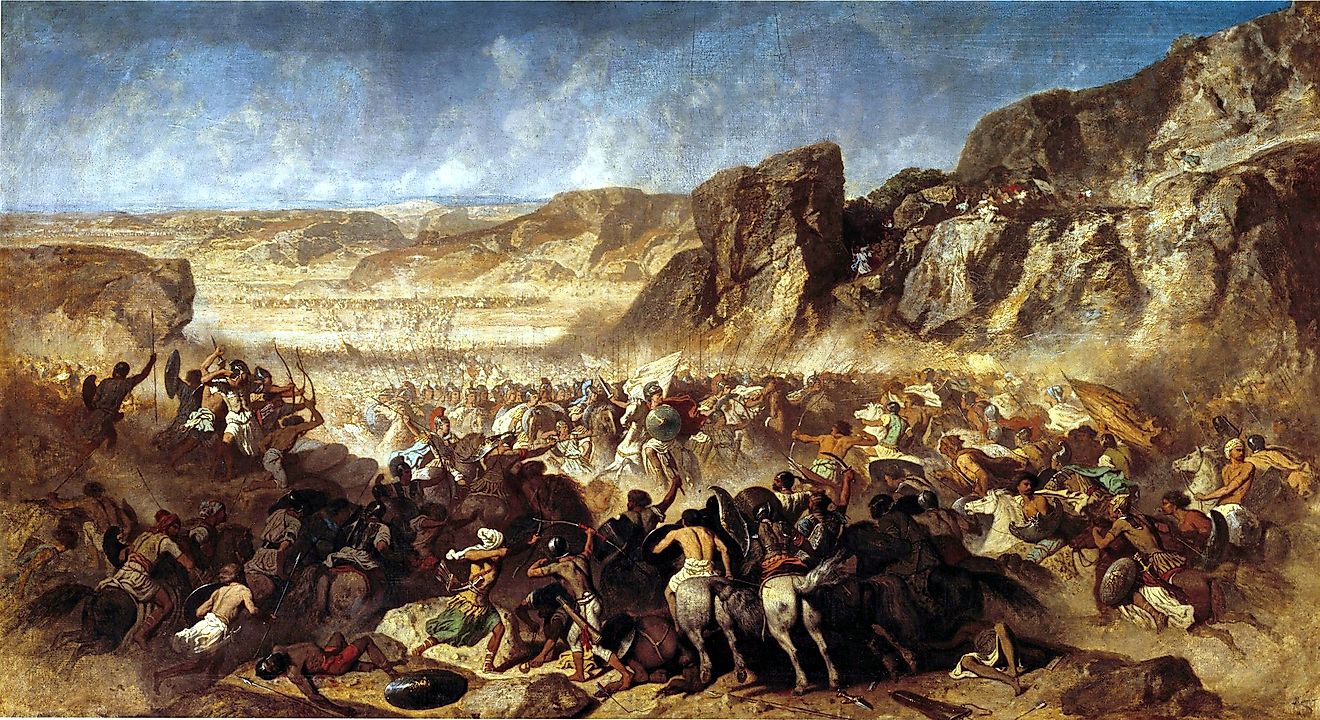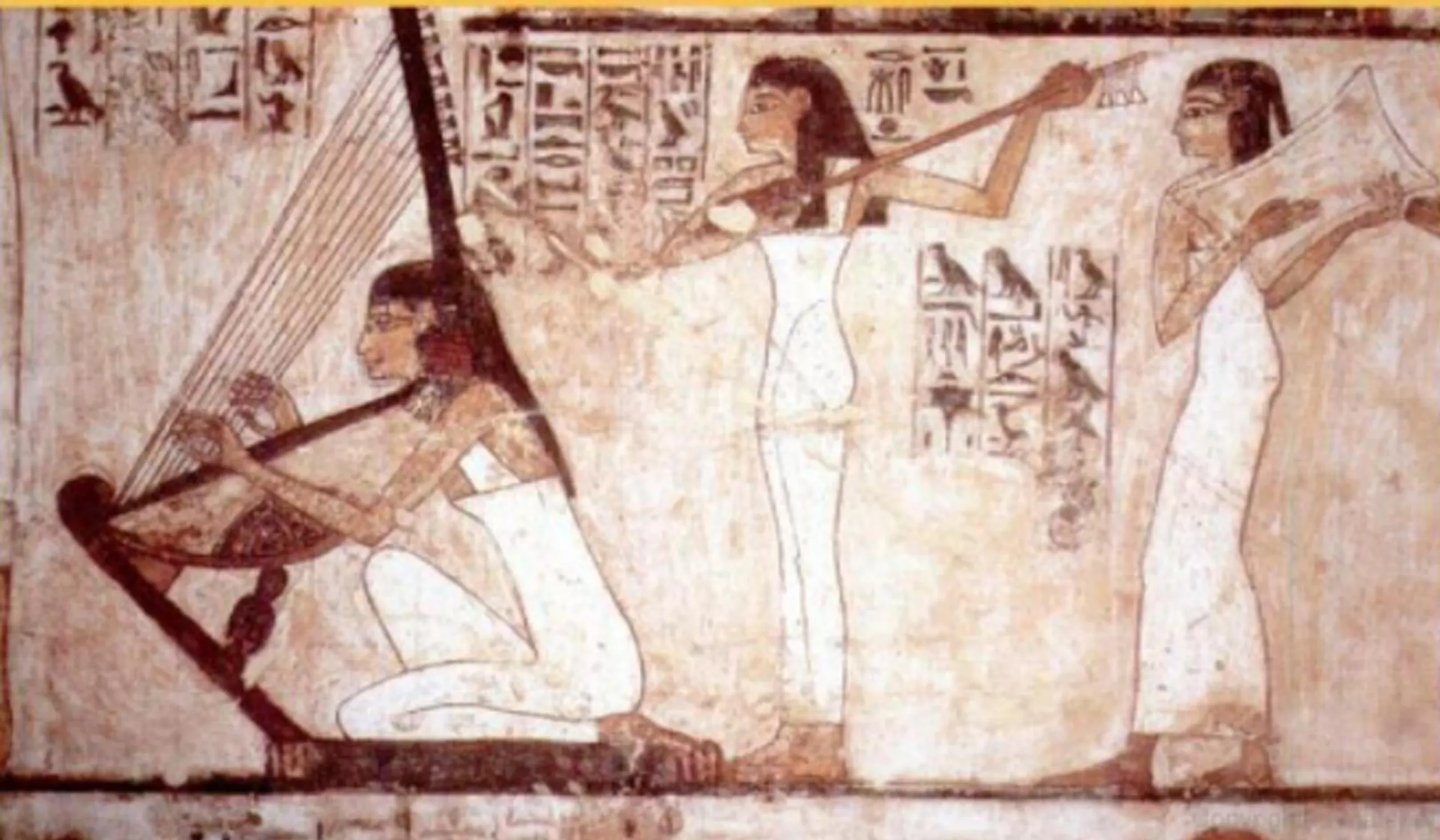
Who Named Egypt?
Egypt has always been a country of significance. The Nile River has been an important source of economic prosperity, making Egypt a desirable country to control. The monuments in Egypt, such as the pyramids, have also left a lasting legacy on the world. While the pyramids and ancient Egyptian life are often questioned topics, something that is often taken for granted is ancient Egypt's name. What many people don't know is that the country didn't always have this name. Egypt comes from the Greek word Aegyptus, and before the country had this name, it had other names. Here, we will delve more into this history.
Ancient Egyptian Roots
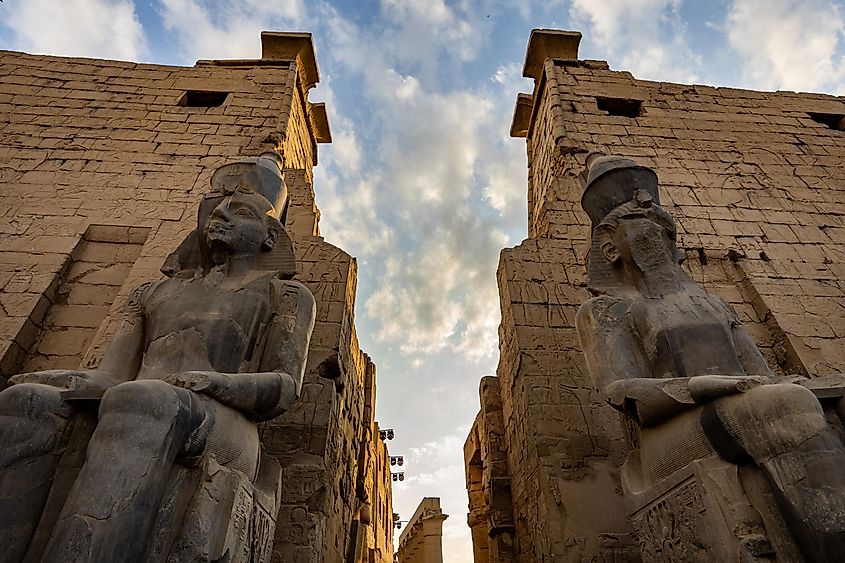
Today, the official name of Egypt is Jumhuriyat Misr al-Arabiyah, which means the Arab Republic of Egypt in English. If Egyptians live in Cairo, they will often call it Egypt Misr, which is an Arabic word.
During the Old Kingdom of Egypt, also known as the Pyramid days, from 2613-2181 BCE, Egypt was Kemet or Kmt. This means the Black land. Egyptians referred to themselves as Remetch en Kermet, which translates in English to the People of the Black Land. The name is a reference to the Nile Valley and Delta's rich, black soil. Sometimes, Egypt was also referred to as Deshret, which means the Red Land, referring to the Egyptian deserts. Later on, Egyptians called Egypt Hwt-ka-Ptah, translating to Temple for Ka of Ptah or the house of Ptah's soul. Ptah was one of the earliest Egyptian Gods of creation.
The Two Lands
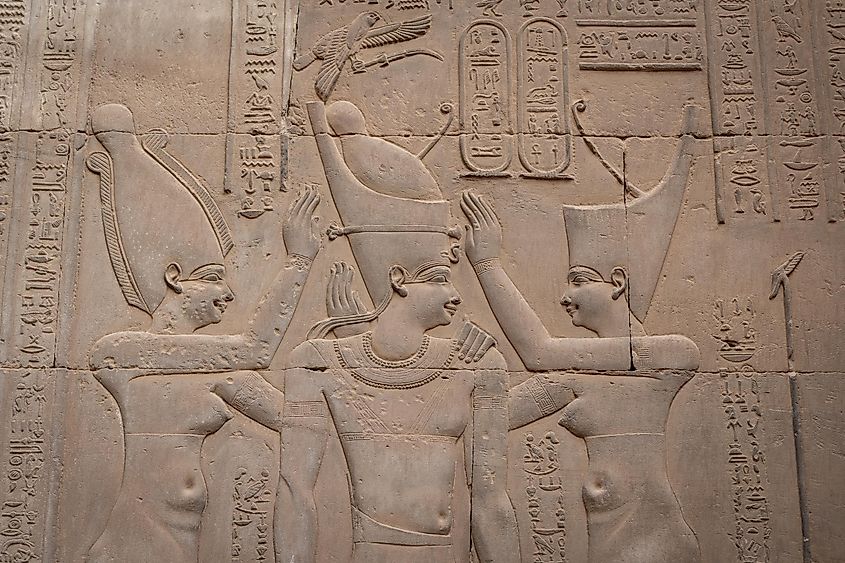
Some Egyptians have called their country the Two Lands. This was also a phrase commonly used by monarchs at the time. It signified the two different realms of the country of Egypt. The two lands were made up of Upper Egypt, characterized by floodplains and farmlands, and Lower Egypt, characterized by the Nile Delta and desert oasis. Pharaohs wore the Double Crown to symbolically represent the unification of both the Upper and Lower lands of Egypt coming together. Over time, the two terms changed, but the idea of two lands remained.
Other Influences

Over the course of Egypt's history, the country has passed through many different hands, resulting in different names. During the "Late Period," several different groups of people occupied Egypt. The first group was the Assyrians, a group of indigenous people from Mesopotamia. They conquered Egypt in 671 BCE, and their conquest of Egypt lasted a relatively short time in the Neo-Assyrian Empire until 663 BCE. There are no records of what the Assyrians renamed Egypt.
Shortly after, the Persians took over the rulership of Egypt. Egypt was an important source of prosperity because of the economic importance of the Nile River. The Persians broke up Egypt and turned the country into several provinces of their empire. These provinces were also called Mudraya and known as satrapies.
Greek Influence

Later, the Greeks occupied Egypt. Greeks have been present in Egypt since at least the 7th century BCE. During the Ptolemaic Kingdom in 332 BCE, a strong Greek community was present in Egypt. Herodotus visited Egypt in the 5th century BCE and believed the Greeks were one of the first groups of foreigners to live there. This gave the Greeks some power over the country, including over their name.
The word Egypt even comes from a Greek word, Aegyptus. This was the Greek version of Hwt-ka-Ptah, the original name for a temple in the ancient capital of Memphis. Historians believe the Greeks had trouble pronouncing the "H" at the beginning and end of Egypt's original name. This trouble with pronunciation led the Greeks to change the name of the country.
Biblical and Arabic Origins

There is also a different name for Egypt in Hebrew, Mitzráyim. Some historians believe these names come from the grandson of Noah, Mizraim. This would have been the first man to arrive and live in Egypt after the story of Noah's Ark. According to the story, the only survivors of the flood were Noah and his family. In this view, the entire human race descended from Noah's three sons.
In the Quran, there is the Arabic word for Egypt, Misr. This translates to "the country" in English and is a cognate form of words such as Mitzráyim from the Hebrew language. While the ancient Egyptians wouldn't have used this name themselves, variations of this word are found in Semitic, Arabian, and Mesopotamian cultures. The Akkadian form of the word Misr is Misru and is related to the Semitic languages. Roughly, this translates to a frontier or a border, pointing to Egypt's position between continents.
Modern Usage and Legacy
Today, we use Egypt, the English translation of the Greek word, to refer to the country. Throughout Egypt's history, its name has been a symbol of who held power. The name of a place is an important way to communicate with people. Calling Egypt two lands, for example, tells people Egypt had two defining characteristics. When the ancient Egyptians called Egypt Kemet, they were telling a story of the country's rich soil. On the other hand, the Akkadian word Misru points to Egypt's borders.
The modern word we use today, Egypt, comes from the Greek version of the country's name. While most people are not attached to the history of Egypt's naming, this doesn't make the past any less important. Understanding the history behind Egypt's name helps us better understand the stories people tell themselves about the place throughout time. This helps us better understand the Egypt of today.
